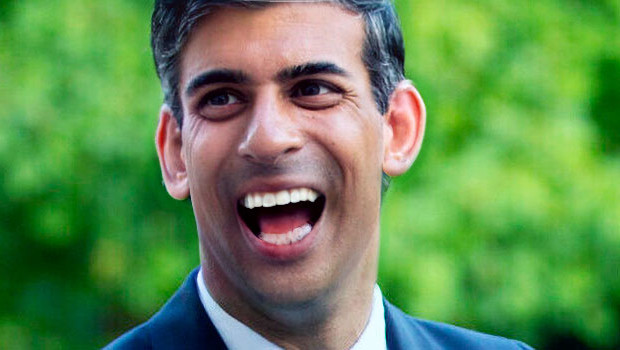Tories lose two by-elections as Sunak insists tax cuts still viable
Labour secures big swings as Tories face possible GE wipeout

Britain's embattled ruling Conservative Party had two safe seats ripped from their grasp in by-election defeats overnight, a day after the country entered recession, with Prime Minister Rishi Sunak doubling down on his claims that he still had scope to offer tax cuts.
The Tories saw large majorities in the seats of Wellingborough and Kingswood overturned by the main opposition Labour Party, dealing a blow to Prime Minister Rishi Sunak's hopes of turning Conservative fortunes around amid a cost-of-living crisis and high inflation.
Worryingly for all parties, turnout for both elections was low, suggesting voter engagement and opinion of politicians in general has hit rock bottom after years of post-Brexit animosity, anaemic economic growth, stagnant wages and febrile debate around immigration.
Labour's 28.5% swing was its largest in a by-election since for 30 years and overturned a majority of more than 18,000 in Wellingborough. Turnout was 38%.
Former MP Peter Bone was shown the door after being removed by a recall petition of his electorate last December in response to a report found he had "committed many varied acts of bullying and one act of sexual misconduct" against a male member of his staff.
Labour’s candidate, Gen Kitchen, won with 13,844 votes, beating the Conservatives’ Helen Harrison - also Bone's partner - who received 7,408 votes. Tellingly, there were no visits to the constituency by any senior Tories during the short campaign.
Labour has now won five seats from the Conservatives in this parliament. It added Kingswood to its list as its candidate Damien Egan emerged victorious with a 17.5% swing, polling 11,176 votes to Tory candidate Sam Bromiley's 8,675. Turnout was 37.1%.
The hard-right Reform Party came third in both seats with 13% in Wellingborough and 10.4% in Kingswood. The rebranded Brexit Party led by multi-millionaire property developer Richard Tice campaigned hard on an anti-immigrant platform an attracted votes from the more extreme fringes of the Conservatives.
Prime Minister Sunak is now under pressure from some MPs to lurch to the right to negate the threat from Reform, which, in turn, is bound to anger the more moderate wing of the party. He has ruled out a spring election, leaving him until the autumn to hope the economy may show more tangible signs of recovery and cut back Labour's 21 point poll lead.
On Friday he attributed the electoral defeats to "challenging circumstances" and stood by his claim the taxes could be cut ahead of an election because “economic conditions have improved”.
"We have already been able to start cutting taxes for people,” he told reporters, citing the recent cut to one band of national insurance to 10% from 12%, even though the country still faces the highest taxation burden since 1945 and any benefits are eroded by inflation, currently at 4% and double the Bank of England's target level.
Reporting by Frank Prenesti for Sharecast.com